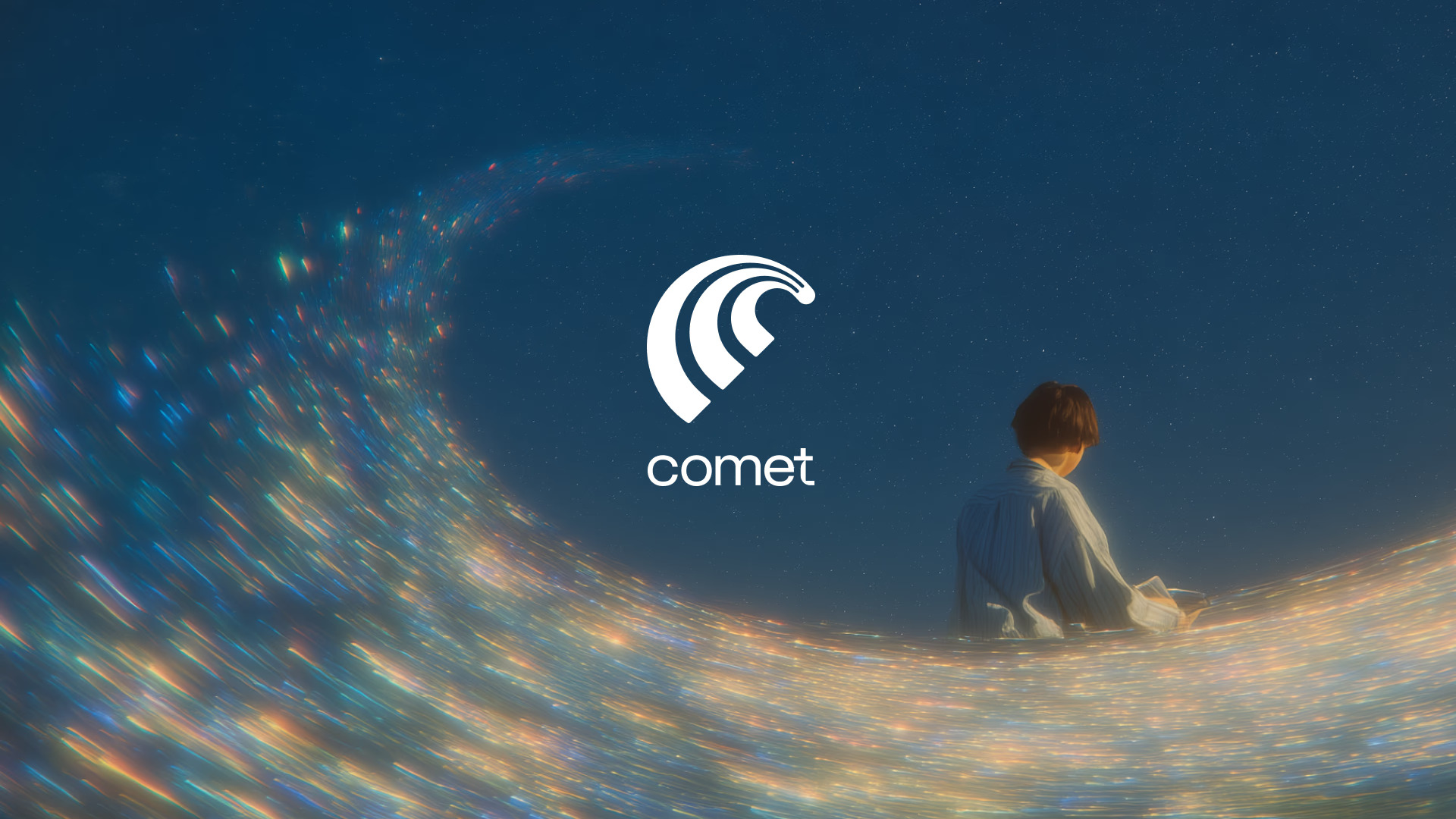Perplexity launches AI-powered Comet browser for Max subscribers
The AI search startup wants to claim a share of the browser market dominated by Google, Safari and Microsoft

Perplexity has officially launched Comet, its new AI-powered browser. According to CEO Aravind Srinivas, the idea is to go beyond basic web navigation and create a tool that helps users “ask questions, perform tasks, and conduct research” all in one place.
Comet is now available to Perplexity Max subscribers, a premium tier that costs $200 a month. The wider rollout will be invite-only, and the company says it plans to expand access gradually throughout the summer. New users will also receive a limited number of invites they can share.
This follows a limited release on Windows two weeks ago. In a post on X, Srinivas said, “We're excited to finally release our next big product after launching Perplexity in 2022: Comet.”
Perplexity says Comet is a browser designed around AI and real tasks
According to Perplexity, Comet combines browsing, search, and task management in a single interface. The browser can summarize long articles, compare products, help book meetings, and even handle more complex workflows.
Comet is designed to reduce the back-and-forth users often face when switching between search engines, tabs, apps, and tools. “We built Comet to let the internet do what it has been begging to do: to amplify our intelligence,” Srinivas wrote.
The browser supports both voice and text commands and connects with third-party tools like Slack, enabling users to ask more complex questions and receive actionable responses.
Users can interact with an AI assistant built directly into the browser instead of navigating from page to page. The assistant is available through a side panel, allowing users to ask context-aware questions on any webpage.
A shot at the browser market dominated by Google Chrome
Perplexity is evolving its business model and entering a much more competitive tech space. Launching Comet marks a shift for Perplexity as it moves from being a search engine to a browser company.
The AI-powered browser will now compete with major browsers like Google Chrome, Microsoft Edge, and Apple’s Safari. Opera has also entered the space. Recently, the company introduced Neon, an AI browser with features like Chat, Do, and Make. In November, it was reported that OpenAI was also considering launching a browser of its own. The company could also purchase Chrome if antitrust regulators force Google to sell the browser, claiming that blending Chrome and ChatGPT could improve user experience.
In another post on X, Srinivas said Perplexity built the browser after Google declined to offer Perplexity as a default search engine in Chrome. “I reached out to Chrome to offer Perplexity as a default search engine option a long time ago. They refused,” he wrote.
This may have been the final push Perplexity needed to build its own way into the consumer Internet. But the company needs to prove why its browser is essential in a market where users already have fast and AI-enhanced options. Like Google, the startup plans to bring ads to Comet.
Google, which still dominates both search and browsing, is becoming increasingly protective of its territory as newer AI-native products emerge. The company has added new features to its Search, including AI Mode, which was first introduced in March.
A look back: Perplexity first teased Comet in February
Perplexity first announced Comet in February 2025, describing it as an “agent browser” designed to rethink how people engage with the internet. Following the rollout to Max subscribers, the company says it will continue building out Comet’s features over time.

